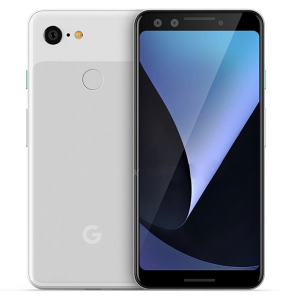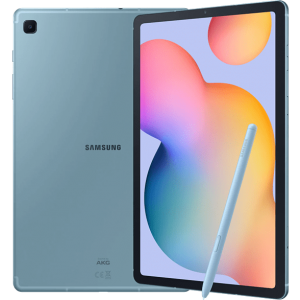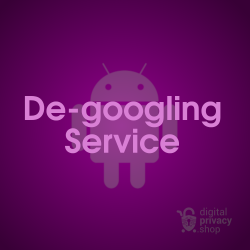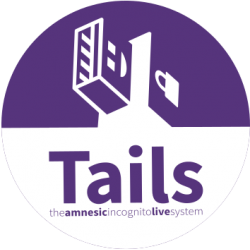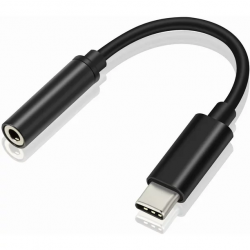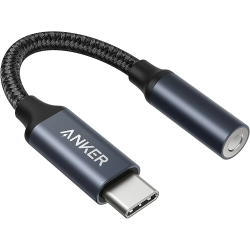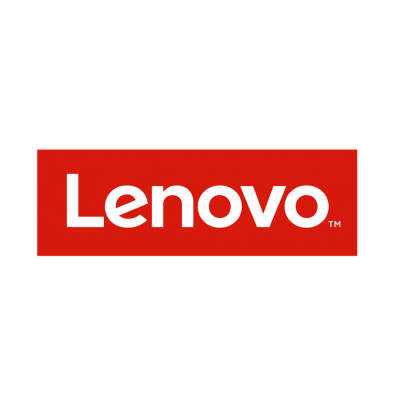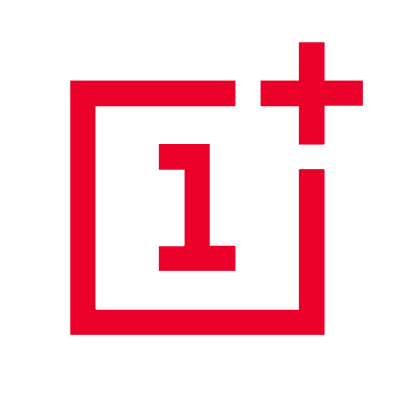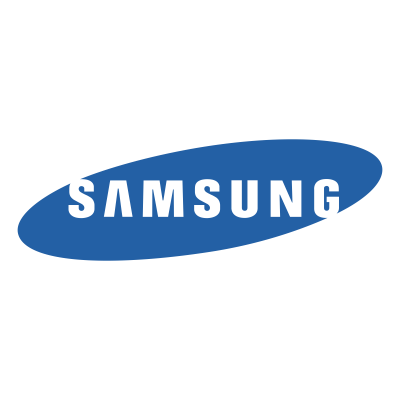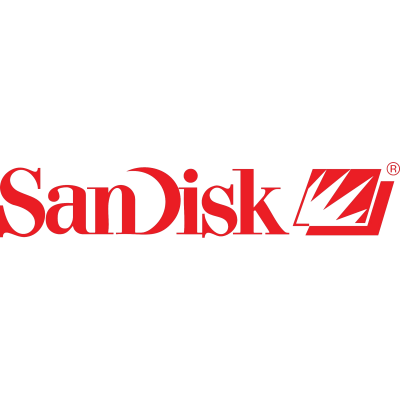
Technical language, especially acronyms can be a challenge to understand. The follow list are technical terms and their definitions relating to computer architecture, cellular technology, cryptography, and digital security.
Carrier unlocked - Phone is not locked into a single cellular network. Implies a manufacturer made the phone specifically for a carrier and set it up initially for that carrier. Customers either request the phone be unlocked before leaving the network or the carrier may automatically unlock the phone after it is paid off.
Factory unlocked - Phone is not locked into a single cellular network. The manufacturer did not designate the phone for any specific carrier. It may be sold by a reseller to a customer who then adds a carrier's service.
International Mobile Equipment Identity (IMEI) - A unique number that identifies mobile phones, as well as some satellite phones. It can be displayed on-screen on most phones by entering *#06# on the dialpad, or alongside other system information in the settings menu of the operating system.
International Mobile Subscriber Identity (IMSI) - The IMSI is a unique number that identifies every user on a cellular network. On GSM, UMTS, and LTE networks, it is a 64-bit field stored in the SIM card. The IMSI is sent from the mobile device to the network as rarely as possible and in the form of a randomly-generated TMSI format.
Mobile Network Operator (MNO) - Sometimes called wireless service provider or wireless carrier, it provides wireless communications services and owns all elements required to sell and deliver services to an end user.
Mobile Virtual Network Operator (MVNO) - A wireless communications service provider that does not own the infrastructure they use. Instead, they lease it from MNOs and use the infrastructure to deliver a unique set of services to their markets.
OEM unlocked - Phone is not locked into a single cellular network. Some people might use this term interchangibly with "Factory unlocked"
OEM unlocking (software setting) - The setting in Android that allows the user to boot the device into the bootloader mode. Bootloader mode allows the device to be rooted or a custom ROM installed.
Pegasus - Pegasus is a spyware application developed by the Israel-based cybersecurity company NSO Group. Its purpose is to eavesdrop on citizens of interest, particularly activists, politicians, journalists, and executives. The software was believed to be deployed first in 2016 and has been sold to governments (including CIA and FBI) to be used as a tool to fight terrorism and criminal activity. The software can be injected onto an iOS or Android smartphone through an SMS text message, and email, or even a WhatsApp message. Pegasus gives the attacker access to the phones microphone, camera, and files.
Public Switched Telephone Network (PSTN) - The world's circuit-switched telephone networks operated by national, regional, or local telephony operators. It consists of microwave transmission links, telephone lines, fiber optic cables, cellular networks, communications satellites, and undersea telephone cables, all interconnected by switching centers that allow telephones to communicate with each other.
SIM unlocked - Phone is not locked into a single cellular network. The end state is the same as a
"Carrier unlocked" or "Factory unlocked" phone.
Subscriber Identity Module (SIM) - An integrated circuit running a card operating system (COS) that securely stores the international mobile subscriber identity (IMSI) number and related key, which are used to identify and authenticate subscribers on mobile telephony devices.
Voice over Internet Protocol (VoIP) - A technology that delivers voice communications and multimedia sessions over Internet Protocol (IP) networks, such as the Internet. The terms Internet telephony, broadband telephony, and broadband phone service specifically refer to the provisioning of communications services (voice, fax, SMS, voice-messaging) over the Internet, rather than via the public switched telephone network (PSTN).

